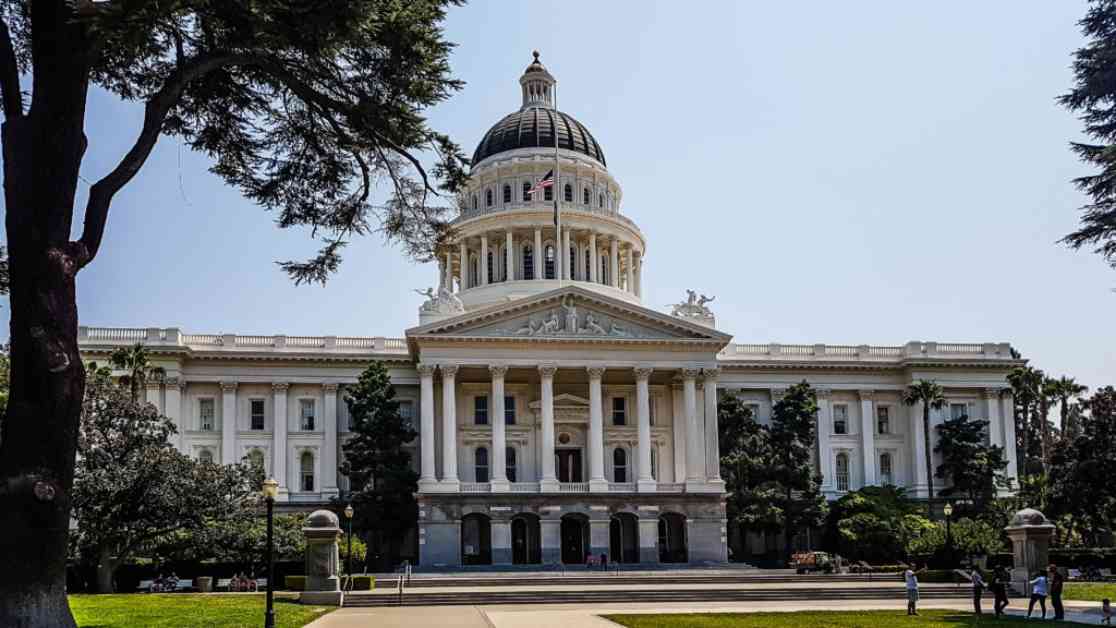California School Boards Association Challenges State Budget Deal Over Proposition 98 Violations
In a bold move, the California School Boards Association (CSBA) has taken legal action against the Newsom administration, accusing them of breaching the voter-approved Proposition 98 framework in the state budget deal. The lawsuit, filed in Sacramento County Superior Court, aims to address what the CSBA perceives as a violation of the longstanding formula that dictates how much of the general fund should be allocated to schools and community colleges.
Proposition 98, enacted over four decades ago, serves as a critical safeguard to ensure adequate funding for education in California. The CSBA’s lawsuit contends that the budget deal, which granted schools nearly all the funding they requested, undermines the fundamental principles of Proposition 98. Despite acknowledging the administration’s efforts to shield schools and community colleges from funding cuts through innovative strategies, the CSBA remains steadfast in its defense of the constitutionally protected funding guarantee.
Albert Gonzalez, president of the California School Boards Association, emphasized the non-negotiable nature of upholding Proposition 98 and the state’s obligation to adhere to the governing Constitution. Gonzalez, who also serves as a Santa Clara Unified school board member, underscored the importance of maintaining the integrity of the funding mechanism that underpins California’s educational system.
On the other side of the dispute, the California Department of Finance, speaking on behalf of Governor Newsom, refuted the CSBA’s allegations, asserting that all actions taken were within legal and constitutional bounds. The Department of Finance engaged in discussions with legislative leaders to address the concerns raised by the CSBA but maintained the legality of the budget adjustments made in the 2022-23 fiscal year.
The crux of the lawsuit revolves around the unique circumstances surrounding the 2022-23 budget, which faced challenges due to delayed tax collections resulting from winter storms and floods. With the federal government and the state extending the tax deadline to October, Governor Newsom and the Legislature had to make estimates regarding Proposition 98 revenues for the fiscal year. However, the actual revenues fell short by $8.8 billion compared to the initial appropriation, prompting Newsom to revise the funding level downward.
Rather than slashing funding midyear, which would have disrupted schools and colleges that had already budgeted for higher revenues, Newsom opted for unconventional adjustments to balance the budget without compromising educational resources. These adjustments included deferring $2.6 billion in funding for 2022-23 and creating a $5.5 billion debt to be repaid from the general fund over five years, without impacting Proposition 98 allocations.
While annual state budgets typically involve multi-year revenue projections based on current data, the unprecedented circumstances of the 2022-23 budget presented a complex financial puzzle for lawmakers. The CSBA argues that lowering the Proposition 98 funding level to $97.5 billion constitutes more than a mere accounting adjustment—it represents a breach of the constitutional commitment to providing adequate education funding.
In contrast, the Department of Finance maintains that statutory provisions permit adjustments to Proposition 98 based on revised revenues, suggesting that the budget modifications were legally permissible. The dispute underscores the nuanced interplay between constitutional mandates and budgetary realities that state officials grapple with in crafting fiscal policies.
Despite the CSBA’s staunch stance on defending Proposition 98, other education groups may not share their perspective. The California Teachers Association, for instance, collaborated with the Department of Finance on finalizing budget details and expressed satisfaction with the protection of core educational investments in the budget deal. Education advocates and lobbyists also lauded Governor Newsom’s approach, highlighting the benefits for public schools and student programs.
Looking ahead, the CSBA’s lawsuit raises concerns about potential future scenarios where delayed tax collections could impact education funding. The organization’s contention that a future governor might not be as accommodating as Newsom and could drastically cut funding underscores the need to safeguard Proposition 98’s provisions. While the lawsuit focuses on specific circumstances, its implications resonate with broader debates on the balance between fiscal responsibility and educational priorities.
In conclusion, the legal battle between the California School Boards Association and the Newsom administration encapsulates the intricate dynamics of budgetary decision-making in California. As stakeholders navigate the complexities of funding allocations and constitutional mandates, the outcome of this lawsuit could have far-reaching implications for the state’s education system. The delicate balance between fiscal prudence and educational equity remains at the heart of this contentious issue, underscoring the critical importance of upholding constitutional guarantees in funding education for California’s students.
